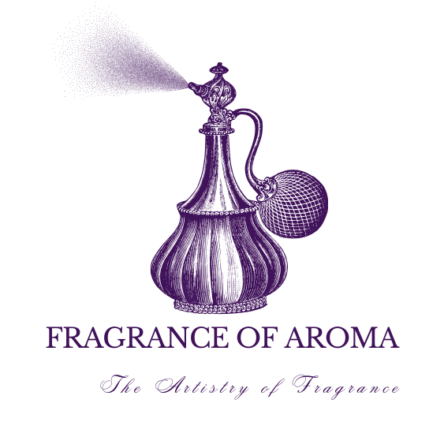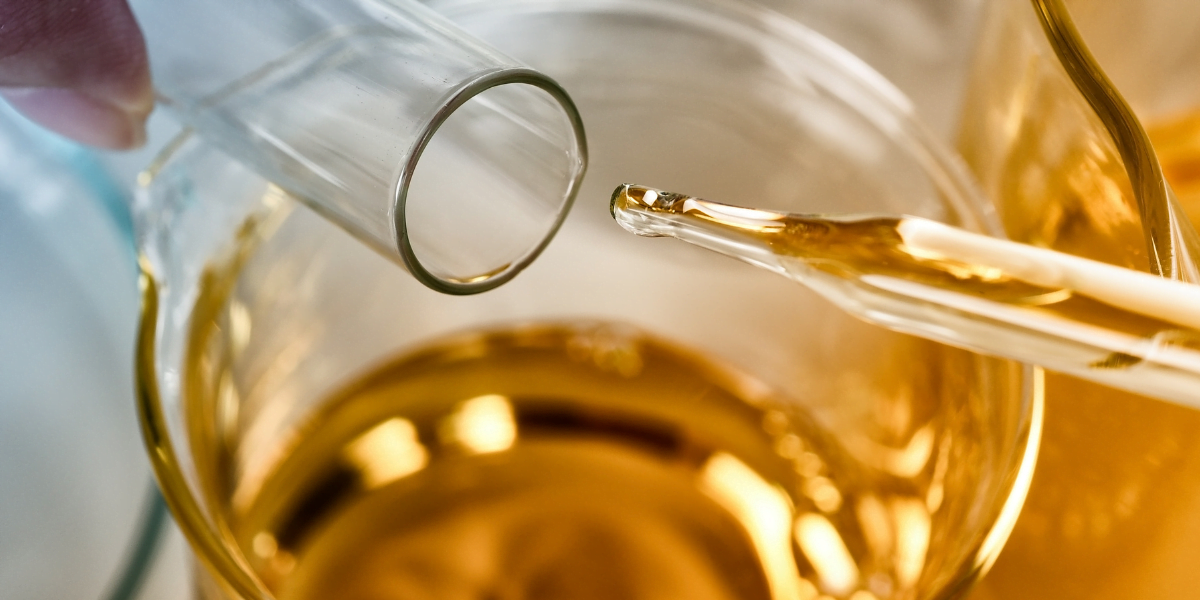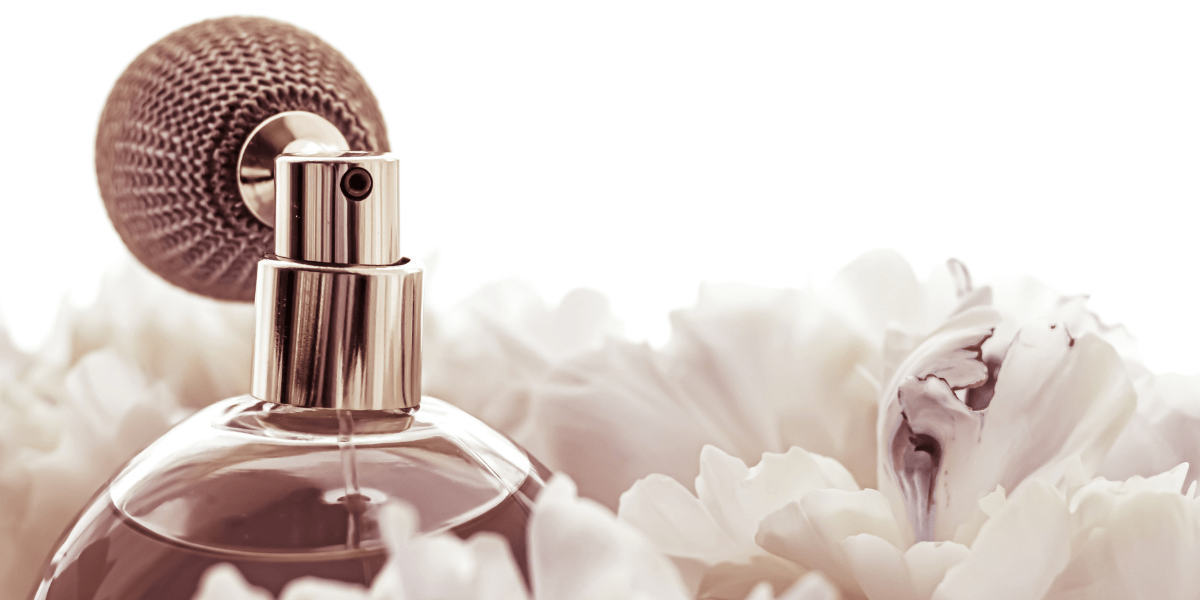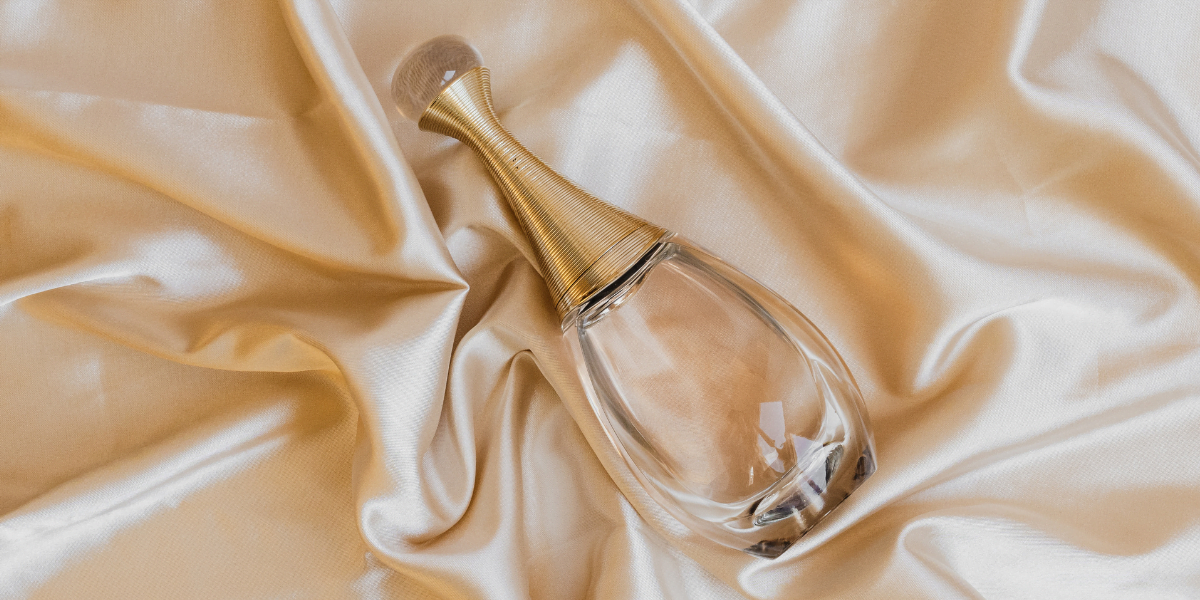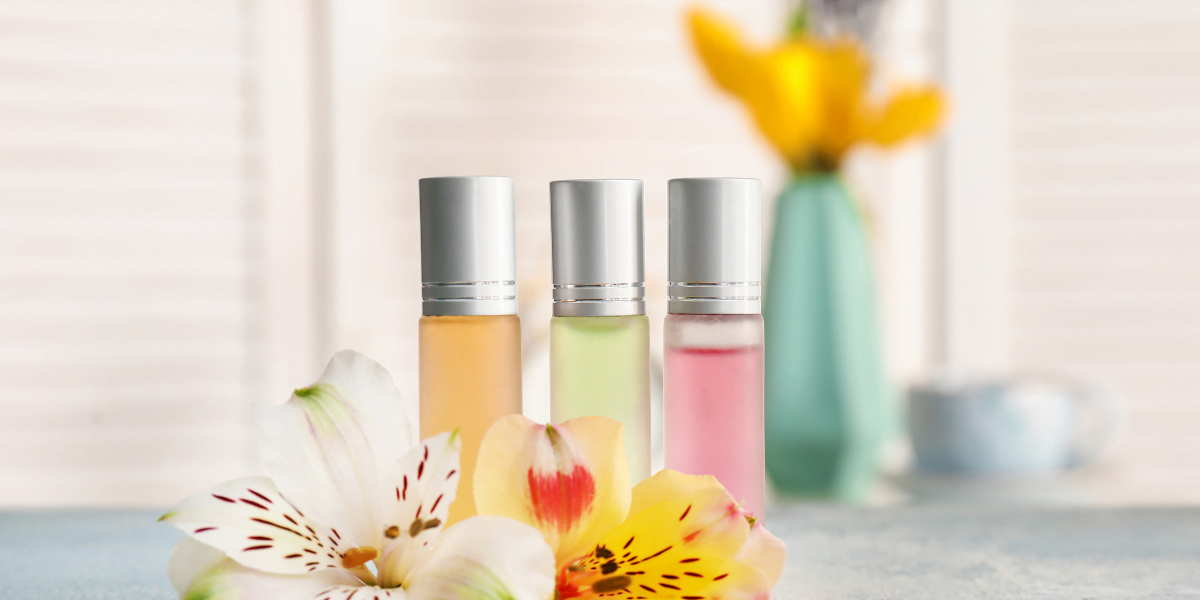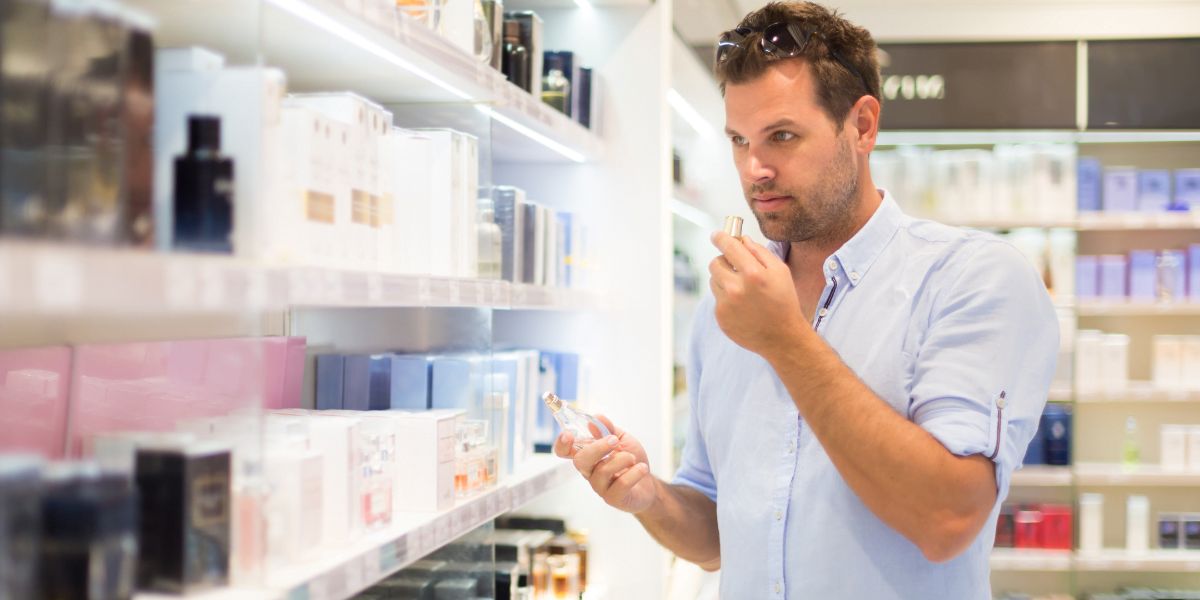Indulge yourself in the intoxicating world of fragrance as we uncover the science behind the captivating allure of cologne. Have you ever wondered how that alluring scent manages to captivate your senses and leave a lasting impression? In this blog post, we will delve into the intricate chemistry and meticulous artistry that goes into creating the perfect cologne, from the top notes to the base notes. You will discover the secret ingredients and the exact processes that lend cologne its unique and alluring aroma. Join us in unlocking the mysteries and the hidden delights that make cologne a timeless indulgence.
The Chemistry of Fragrance
For centuries, humans have been captivated by the art of perfumery, using fragrant oils, resins, and other natural substances to create alluring scents. But what exactly makes cologne smell so good? The answer lies in the chemistry of fragrance. In this chapter, we’ll delve into the science behind the alluring aroma of cologne and explore the key components that make up your favorite scents.
Essential Oils and Aromatic Compounds
Essential oils and aromatic compounds are the building blocks of cologne. These natural substances are extracted from plants, flowers, and fruits, and each carries its own unique scent profile. When these oils are combined in specific ratios, they create the complex and alluring fragrances that we know and love. For example, the floral scent of rose oil, the citrusy aroma of bergamot, and the earthy notes of patchouli all come together to form the rich, multi-dimensional scent of your favorite cologne.
The Role of Alcohol in Cologne
When you spray or apply cologne, it’s not just the essential oils that you’re experiencing. Alcohol plays a crucial role in the fragrance as well. Alcohol acts as a solvent, helping to dissolve and disperse the essential oils across your skin. This allows the fragrance to evaporate gradually, releasing a steady stream of scent throughout the day. However, it’s important to note that some colognes contain high levels of alcohol, which can be irritating to the skin. If you have sensitive skin, you may want to opt for colognes with lower alcohol content to avoid any potential irritation.
The Art of Scent Blending
One of the most intriguing aspects of cologne creation is the art of scent blending. It is the process of combining multiple fragrance notes to create a harmonious and complex olfactory experience. The skillful blending of various scent components is what sets a high-quality cologne apart from the rest.
Top, Middle, and Base Notes
When it comes to scent blending, understanding the concept of top, middle, and base notes is crucial. The top notes are the initial impression you get when you first apply the cologne. They are light, fresh, and evaporate quickly. The middle notes, also known as heart notes, emerge after the top notes dissipate and form the core of the fragrance. Finally, the base notes provide depth and longevity to the cologne and develop over time, creating the lasting impression. It is the careful balance and combination of these different notes that create the complexity and allure of a cologne’s scent.
The Perfumer’s Palette
As a perfumer, creating a signature scent involves navigating through a rich palette of raw materials. You have access to a wide array of essential oils, absolutes, and synthetic aroma chemicals, each with its own unique olfactory characteristics. The challenge lies in harmonizing these diverse elements to produce a seamless and captivating fragrance. Your skill and intuition as a perfumer determine your ability to craft a cologne that is not only alluring but also enduring.
The Psychology of Smell
Now, let’s delve into the fascinating world of the psychology of smell. It’s important to understand that our sense of smell has a direct link to the emotional and memory centers of the brain. This connection plays a vital role in how you perceive and react to different scents, including cologne. Your olfactory system can trigger powerful emotions and memories based on the fragrances you encounter, and cologne is no exception.
Emotional and Social Impacts of Fragrance
The fragrance you choose to wear can have a significant impact on both your own emotions and the way others perceive you. Certain scents, such as a fresh and citrusy cologne, can make you feel more energized and uplifted, while a warm and woody cologne may evoke a sense of comfort and confidence. In social settings, your choice of fragrance can also influence how others perceive you. A well-chosen cologne can leave a lasting impression on those around you, conveying an image of sophistication, confidence, and attention to detail.
The Personal Signature of Cologne
Your choice of cologne can become your personal signature, a unique olfactory statement that sets you apart from the crowd. Each cologne interacts differently with your skin’s natural oils, resulting in a distinct scent that becomes uniquely yours. Finding the right cologne that complements your natural body chemistry is crucial to achieving a personalized and alluring aroma that reflects your personality and style. Your signature cologne can become a part of your identity, leaving a lasting impression on those you encounter.
The Evolution of Cologne
Unlike perfumes, which have been in existence for thousands of years, cologne as we know it today is a more recent development. The word “cologne” is derived from the German city of Koln, where the first eau de cologne was created in the 18th century. It was originally formulated by an Italian perfumer, and was initially used for medicinal purposes, before its popularity as a fragrance spread across Europe.
Historical Context and Modern Developments
Historically, cologne was used for its refreshing and invigorating properties. It was believed to have medicinal benefits, and was often used to treat headaches and fatigue. Over time, its usage evolved to focus more on its fragrance, with various botanical ingredients being added to enhance its scent. In modern times, cologne has become an essential part of personal grooming, with a wide variety of scents and formulations available to suit different preferences.
Future Trends in Fragrance Creation
As the demand for unique and long-lasting fragrances continues to grow, the fragrance industry is constantly innovating to meet these needs. Advancements in technology and an increasing understanding of fragrance chemistry are enabling the creation of more complex and sophisticated scents. Additionally, there is a growing trend towards sustainable and natural ingredients in fragrance creation, as consumers become more conscious of the environmental impact of the products they use.
Conclusively Unveiling the Science Behind the Alluring Aroma of Cologne
Now that you understand the intricacies of cologne and the science behind its alluring scent, you can appreciate the complexity and artistry that goes into creating the perfect fragrance. From the combination of top, middle, and base notes to the use of synthetic molecules and natural extracts, there is a careful balance that must be achieved to create an enticing aroma that lingers throughout the day. Armed with this knowledge, you can confidently select the perfect cologne for you, understanding the detailed craftsmanship that goes into each bottle.
FAQ
Q: What are the key factors that contribute to the alluring aroma of cologne?
A: The alluring aroma of cologne is the result of a delicate balance of top, middle, and base notes, along with the quality and concentration of fragrance oils. Additionally, the use of natural ingredients and the interaction of the fragrance with an individual’s skin chemistry play a crucial role in creating a unique and captivating scent.
Q: How does the science of fragrance creation impact the allure of cologne?
A: The science of fragrance creation involves a deep understanding of raw materials, chemical compounds, and the volatile nature of scent molecules. Perfumers meticulously craft cologne using a combination of art and science, utilizing their knowledge of chemistry and olfactory perception to create captivating and long-lasting scents that appeal to the senses.
Q: Can you explain the role of skin chemistry in determining the scent of cologne?
A: Skin chemistry plays a significant role in the way cologne interacts with an individual’s body. Factors such as pH levels, body temperature, and natural oils can influence the way a fragrance develops and lingers on the skin. This unique interaction between cologne and skin chemistry is what ultimately gives each person their personalized and distinct scent profile.
